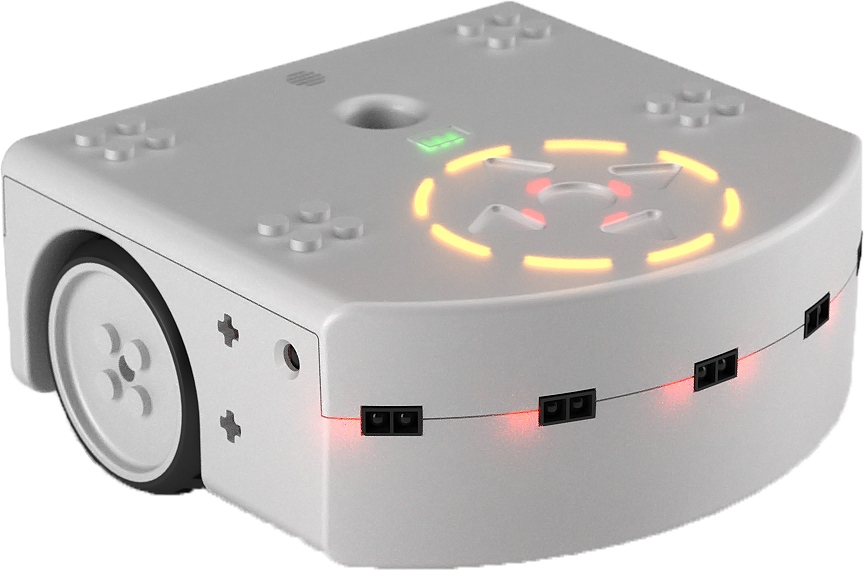Thymio II: Difference between revisions
Jump to navigation
Jump to search
No edit summary |
No edit summary |
||
| (2 intermediate revisions by the same user not shown) | |||
| Line 19: | Line 19: | ||
| style="background:LightGrey; color:black; font-size:115%" align="left" | '''Electronic Drawings''' | | style="background:LightGrey; color:black; font-size:115%" align="left" | '''Electronic Drawings''' | ||
|- | |- | ||
| style="background:white; color:black;" align="left" | [http://aseba.wikidot.com/local--files/thymiohardwaresource/Thymio2-Electronics.pdf | | style="background:white; color:black;" align="left" | [http://aseba.wikidot.com/local--files/thymiohardwaresource/Thymio2-Electronics.pdf PDF] | ||
|- | |- | ||
| style="background:LightGrey; color:black; font-size:115%" align="left" | '''License''' | | style="background:LightGrey; color:black; font-size:115%" align="left" | '''License''' | ||
| Line 30: | Line 30: | ||
__TOC__ | __TOC__ | ||
| Line 44: | Line 54: | ||
[[Image:ThymioII.jpg|400px|thumb|center|Figure 1: Thymio II]] | [[Image:ThymioII.jpg|400px|thumb|center|Figure 1: Thymio II]] | ||
| Line 54: | Line 64: | ||
* a large amount of sensors and actuators, | * a large amount of sensors and actuators, | ||
* a specific interactivity based on light and touch, aimed at increasing the understanding of the robot functionalities, | * a specific interactivity based on light and touch, aimed at increasing the understanding of the robot functionalities, | ||
* a very efficient programming environment based on Aseba. | * a very efficient [https://aseba.wikidot.com/en:thymioprogram programming] environment based on [http://aseba.wikidot.com Aseba]. | ||
Latest revision as of 10:27, 3 February 2012
| Robot Links |
| Author |
| EPFL-Mobots |
| ECAL |
| mobsya |
| CAD Files |
| ProE |
| STEP |
| Electronic Drawings |
| License |
| Creative Commons BY SA 3.0 |
Robot Summary
Thymio II is a low-cost (100 CHF) open-hardware educational robot running the Aseba open-source programming environment.
- Author: EPFL-Mobots and ECAL and mobsya
- License: Creative Commons BY SA 3.0
- Hardware: CAD files and electronics schematics
- Software: Source code

Overview
The Thymio II is an affordable educational robot. It provides three main features:
- a large amount of sensors and actuators,
- a specific interactivity based on light and touch, aimed at increasing the understanding of the robot functionalities,
- a very efficient programming environment based on Aseba.